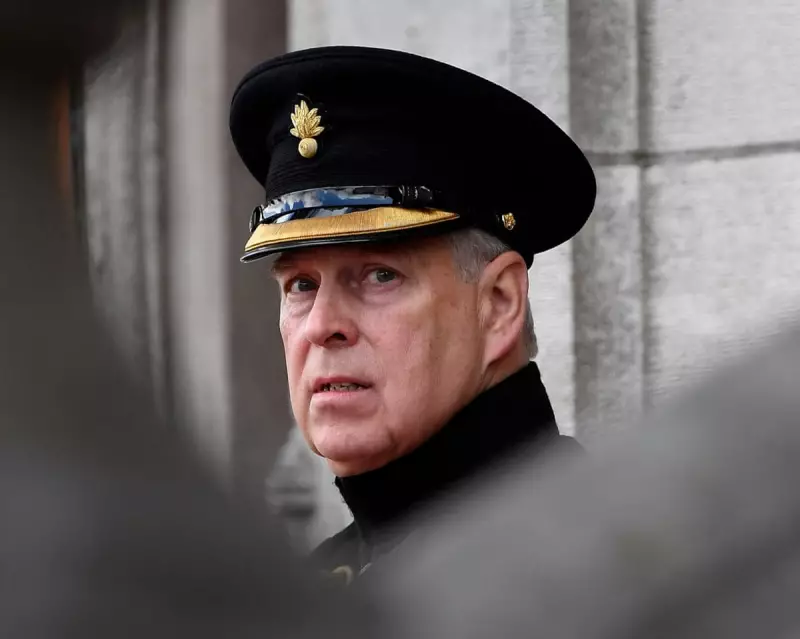
The recent revelations surrounding Jeffrey Epstein's network and Prince Andrew's involvement have exposed more than just individual wrongdoing; they've revealed a disturbing truth about power itself. When individuals reach a certain echelon of wealth and influence, the conventional boundaries of right and wrong appear to dissolve entirely.
The Unwritten Rules of Extreme Privilege
What we're witnessing isn't merely about specific crimes or moral failings, but about a system that operates by different rules. At the highest levels of power, accountability becomes optional, and the consequences that ordinary people face simply don't apply.
The Epstein case demonstrates how vast wealth can create protective bubbles where illegal activities continue for decades, shielded by teams of lawyers, powerful connections, and institutional complacency.
A System Designed to Protect the Powerful
Several mechanisms enable this moral vacuum:
- Institutional protection - Legal systems and institutions that hesitate to challenge extreme wealth and status
- Social insulation - Networks of enablers who normalize behaviour that would be condemned elsewhere
- Economic leverage - The ability to deploy financial resources to silence opposition and delay justice
- Cultural deference - Societal attitudes that give the benefit of doubt to those in positions of privilege
The Andrew Precedent: Royalty Above Reproach?
Prince Andrew's case exemplifies how traditional hierarchies continue to influence modern justice. Despite overwhelming public scrutiny and credible allegations, the mechanisms of accountability have moved at a glacial pace, if at all.
This isn't just about one royal's poor judgement; it's about what happens when centuries of deference meet contemporary standards of justice. The result is a troubling demonstration of how some individuals appear to operate in a separate moral universe.
What This Means for Society
The implications extend far beyond individual cases. When societies tolerate different rules for different classes, they undermine the very foundation of justice. The message becomes clear: your access to truth and accountability depends on your position in the hierarchy.
This erosion of trust in institutions may be the most damaging consequence of all. If people believe the system is rigged for the powerful, why should they participate in good faith?
A Call for Genuine Accountability
The lesson from Epstein, Andrew, and countless other cases of elite impunity is clear: we need stronger mechanisms to ensure that power doesn't equate to immunity. This requires:
- Transparent investigative processes free from political or financial influence
- Media that continues to challenge power rather than defer to it
- Legal reforms that prevent wealth from determining justice outcomes
- Public vigilance in demanding equal application of moral standards
Until we address the fundamental imbalance in how power operates, we risk creating a society where morality becomes just another luxury item—available only to those who can't afford to ignore it.





